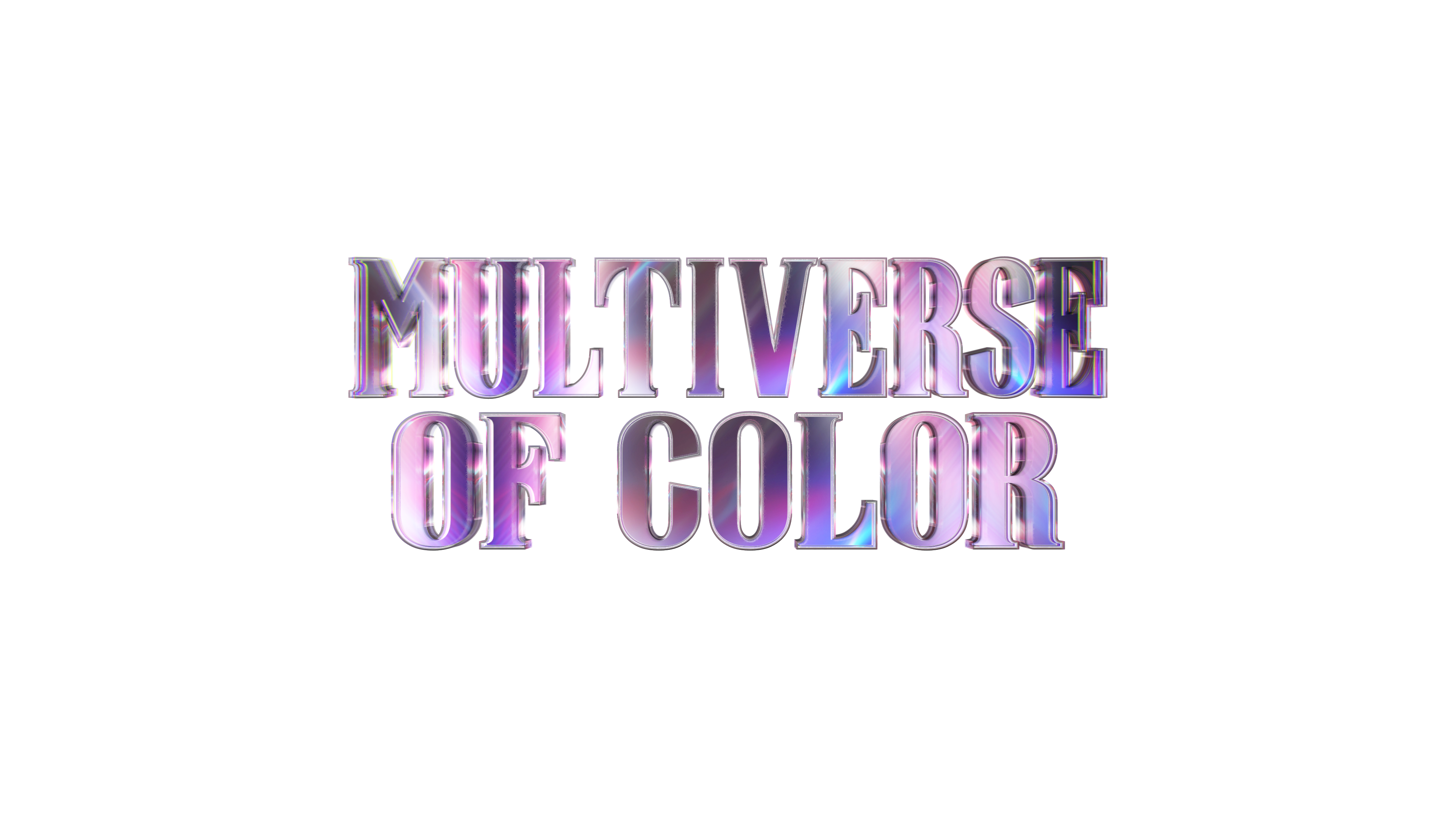The great tragedy of Arthur Fleck’s life is that he’s not even the star of his own show.
WARNING: Spoilers ahead.
The spotlight, in its various forms, stays focused on Joaquin Phoenix’s Arthur Fleck, this universe’s Joker. He’s joined in that light by Lady Gaga’s Harley (Lee) Quinzel, who at times outshines him. This is purposeful, it’s kind of the point.
The musical (that’s not really a musical) is another deep dive into Fleck’s psyche, the aftermath of his crimes from the first Joker film, and his complicated relationships with women. One of those being Quinzel, a low-security inmate, a liar, and a toxic fangirl.
Music, song, and dance are teased throughout the beginning with the first big number coming in after we see Harvey Dent (!) deliver some fiery words of retribution. We, as the audience, quickly clock that these musical numbers are mostly delusions of a serial killer. Majority of the time, when someone in the “real world” starts to sing, they are met with violence. The musical difference between reality and fantasy is jarring.
Fleck is beaten and broken down, in a tense relationship with Arkham State Hospital’s prison guards. When he meets Quinzel, his entire demeanor changes. He’s “in love” again, obsessed with a new pretty woman, but this time she wants him back. She weaves a sympathetic tale to ensnare him, much to his lawyer’s annoyance.
The people only want Joker
When Gaga acts, she tends to take up space no matter what kind of scene is going on. That’s just who she is, as a performer. But as Lee, she embodies a quieter madness that builds into an explosive crescendo by the end of the film.
Quinzel’s evolution in this universe is a fascinating deviation from her Paul Dini and Bruce Timm origins, but one I actually respect a lot. She becomes so much more than just the Joker fangirl, which is her exact trajectory in our real world. She doesn’t want weakness, she wants to build a damn mountain. (What does this even mean? Who cares? It’s provocative.)
Fleck, on the other hand, suffers. He can’t decide who he wants to be, so he lets other people dictate for a while. That doesn’t end well. He can’t hang. It’s a painful (and at times, dull) crawl getting to this point of realization for him. Continuously faced with the ghosts of his crimes and deep rejection, he breaks again and again.
His triumphs live, largely, in his own mind. The Joker is a concept, not a man. The people only want Joker and Arthur coming to that conclusion was a little heartbreaking.
As someone who enjoys comic books, this film had fun moments, dark humor that tickled my brain, and I enjoyed Gaga chewing the hell out of some scenery. The very final scene nearly had me leap out of my seat. It was clever and made me want to re-watch just for that shadow lurking in the background.
The movie was a bit long for how little actual plot there was, but Gaga’s singing (her recently released Harlequin album is an excellent companion to the film), Phoenix’s facial expressions, and some surprising twists made the watch worth it.
Film score: B+
From acclaimed writer/director/producer Todd Phillips comes “Joker: Folie À Deux,” the much-anticipated follow-up to 2019’s Academy Award-winning “Joker.” The new film stars Joaquin Phoenix in his Oscar-winning dual role as Arthur Fleck/Joker, opposite Oscar winner Lady Gaga (“A Star Is Born”).
“Joker: Folie À Deux” finds Arthur Fleck institutionalized at Arkham awaiting trial for his crimes as Joker. While struggling with his dual identity, Arthur not only stumbles upon true love, but also finds the music that’s always been inside him.
The film also stars Oscar nominees Brendan Gleeson (“The Banshees of Inisherin”) and Catherine Keener (“Get Out,” “Capote”), alongside Zazie Beetz, reprising her role from “Joker.”




